Do All Elephants Have Tusks
Typically 2 to 6 percent of elephants are born without tusks almost all female. When we moved our first big tusker to Addo he.
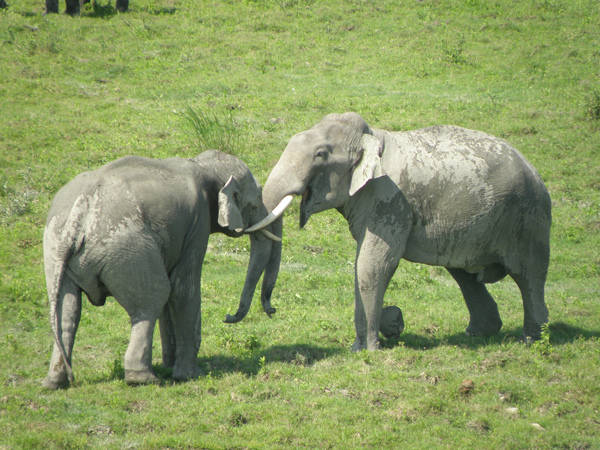 The Mystery Of The Disappearing Elephant Tusk
The Mystery Of The Disappearing Elephant Tusk
This is cause for alarm or hope depending on your viewpoint.
Do all elephants have tusks. Learn more about elephants. All African male as well female have tusks whereas only few males have tusks in Asian subspecies. About half of Asian female elephants have short tusks known as tushes.
This is similar to how humans are left- or right-handed. However looking at an elephants tusk the average size of tusks has decreases over the past hundred years due to the poaching of elephants for their ivory tusks. Some female Asian elephants have very tiny tusks called tushes but no long tusks.
Its rare to see a tuskless male elephant because in the absence of poaching males naturally grow larger tusks since they use them more. Male tusks have a length of one and a half meters. All African elephants male and female have tusks whereas only some Asian males have tusks.
Asked by Wiki User. Yes they all do. With that being said tusklessness is an increasingly common condition in elephants due to the illegal poaching of these animals for ivory.
They typically roam around trying to find suitable females to mate with. Elephant tusks are highly prized in the ivory trade resulting in illegal elephant poaching. Unlike Asian elephants in which only males have tusks both male and female African elephants are tusked.
Usually in mammals tusks are enlarged canine teeth but in elephants they are actually elongated incisors and are essentially no different from other teeth. One third of the tusk at the elephant is hidden in the body under the skull. This visible part of the tusk is called ivory and it.
What is a tusk. Elephants have a dominant tusk one of their tusks is used more often. What is more an increasing proportion of Africas remaining elephants do not have tusks at all.
All African elephants male and female have tusks whereas only some Asian males have tusks. Both male and female African elephants have tusks but only male Asian elephants have tusks. However due to the hunting pressure on tusked animals brought about by poaching for ivory tusklessness is an increasingly common condition in.
Female elephants do use their tusks but female elephants. Wiki User Answered 2016-07-28 023733. About one third of an elephants tusk is embedded in the animals skull and out of view.
While our incisors are used only for biting food elephants use theirs for a whole range of. In Asian elephant populations only the male elephants have tusks but in African elephants both the male and female elephants have tusks. Male elephants are usually solitary and do not have loyalty to one group.
About 50 of Asian females have short tusks known as tushes which have no pulp inside. Elephant Tusks - Elephant Facts and Information One of the key differences between African and Asian elephants is the tusks. This part is made up of tissue blood and nerves.
If you look at Asian elephants females dont have tusks at all and depending on which population you look at in which country most males are also. The females in particular are generally tuskless whereas a certain percentage of males do have them. Approximately 50 percent of total females of Asian elephants have tushes that are short tusks and have no pulp inside it.
Tusks play a significant role in social behaviour. It is important to note that all African elephants have tusks but only some Asian ones do. Tusks are used as a tool for digging gathering food and defending themselves.
Males compete fiercely and in combat with other elephants big tusks are a distinct advantage. Asian elephants are among those elephants that do not have tusks. What do they do with elephant tusks.
About 50 of Asian females have short tusks known as tushes. Do all elephants have tusks. Do all elephants have tusks.
Tusklessness occurs naturally but historically speaking is rare. Although the presence of tusks is a particular feature of these animals not all elephants have them. For African elephants tusks can be found on both males and females compared to Asian elephants where tusks are mainly seen only on males.
All African elephants grow tusks but only some male Asian elephants have tusks. But in Mozambiques Gorongosa National Park biologist Joyce Poole an elephant. Do all elephant have tusks.
Scientists know this by looking at which of the two tusks is more worn out. One third of the tusk is actually hidden from view. Indian female elephants do not have tusks and if there are then they are not visible from the outside.
In African elephants both males and females have tusks while in Asian elephants only the males do.
 To Save Themselves African Elephants Are Losing Their Tusks
To Save Themselves African Elephants Are Losing Their Tusks
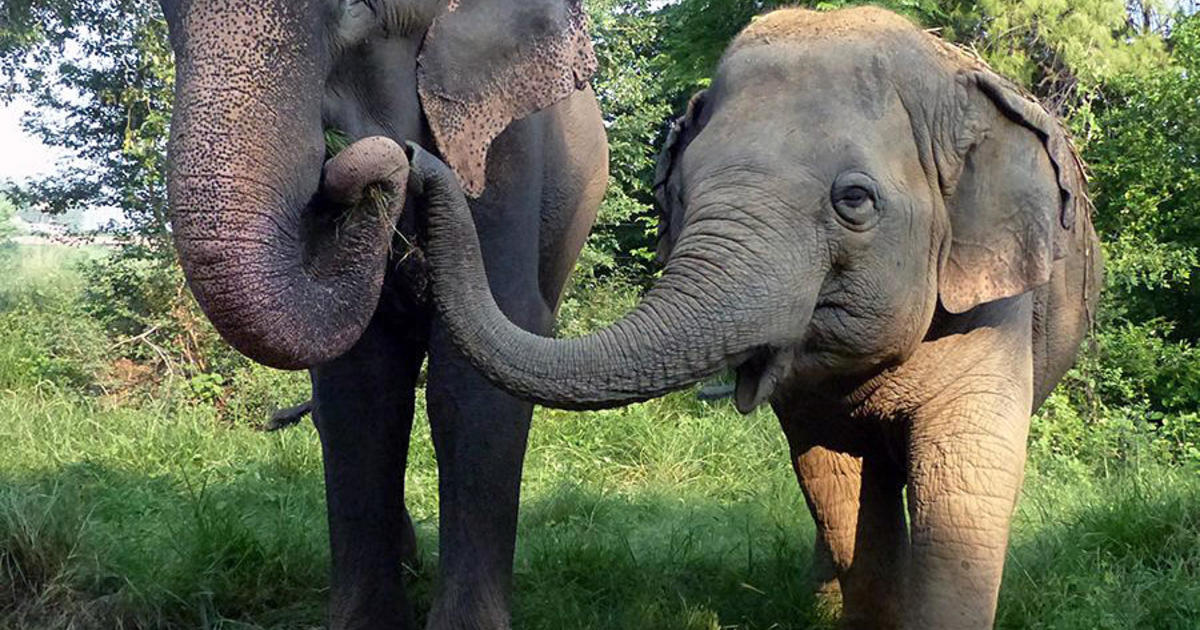 African Elephants Are Evolving To Without Tusks Because Of Poaching For Ivory Cbs News
African Elephants Are Evolving To Without Tusks Because Of Poaching For Ivory Cbs News
 How Teeth Became Tusks And Tusks Became Liabilities The New York Times
How Teeth Became Tusks And Tusks Became Liabilities The New York Times
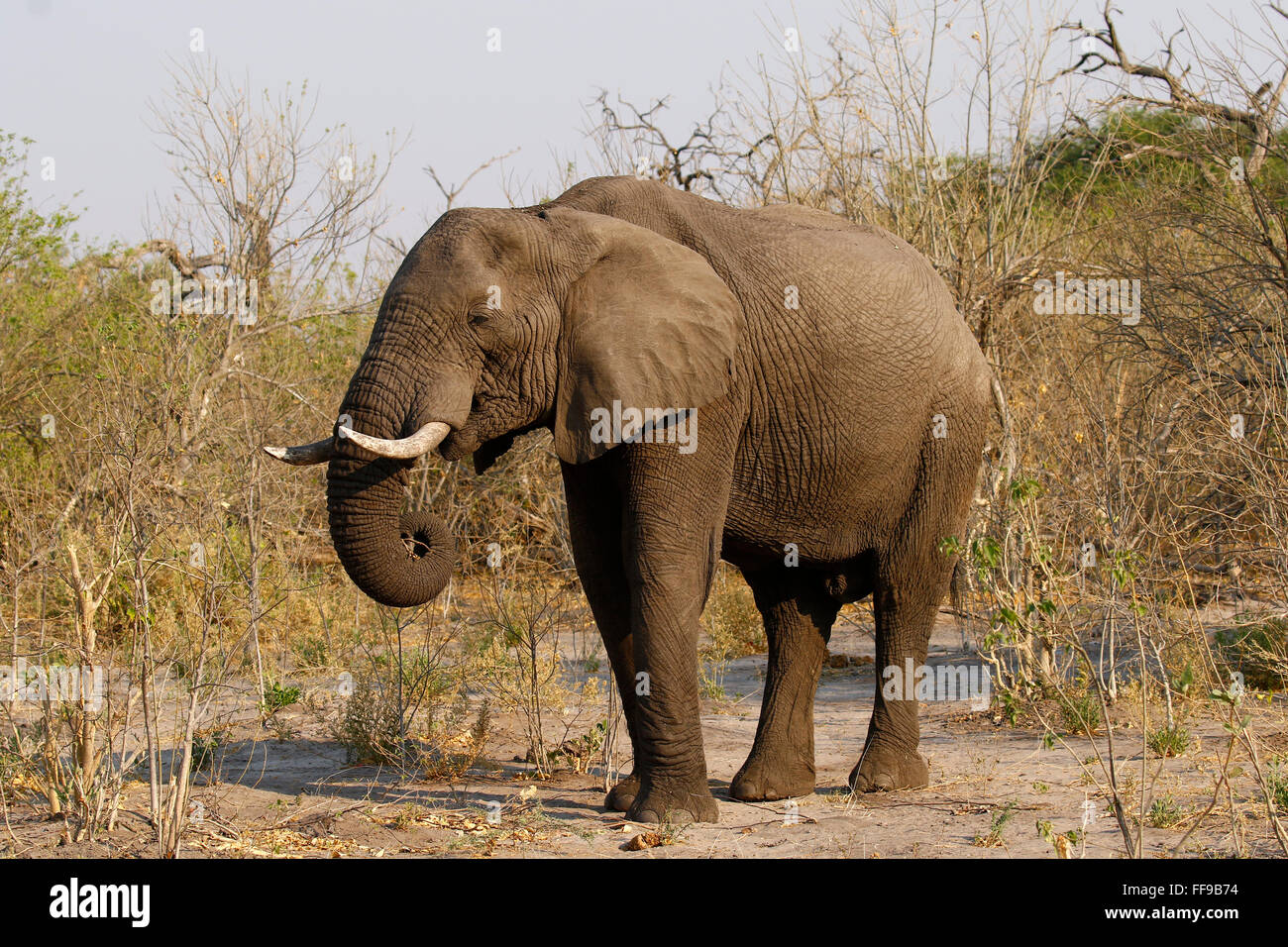 Both Male And Female African Elephants Have Tusks Tusks Grow For Stock Photo Alamy
Both Male And Female African Elephants Have Tusks Tusks Grow For Stock Photo Alamy
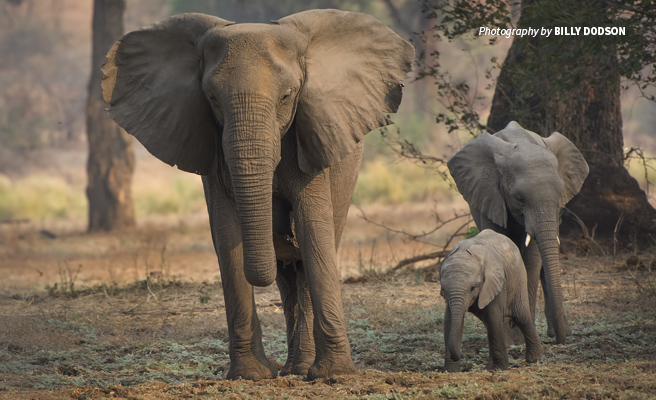 Going Tuskless A Brutal Outcome Of Poaching African Elephants For Their Ivory African Wildlife Foundation
Going Tuskless A Brutal Outcome Of Poaching African Elephants For Their Ivory African Wildlife Foundation
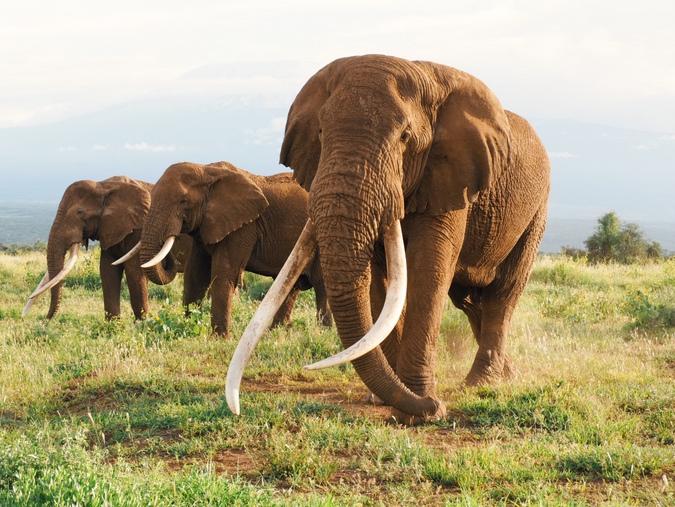 Large Tusked Elephants Are In Decline Need To Be Protected From Trophy Hunting And Poaching Says Researcher Africa Geographic
Large Tusked Elephants Are In Decline Need To Be Protected From Trophy Hunting And Poaching Says Researcher Africa Geographic
Going Tuskless African Wildlife Foundation
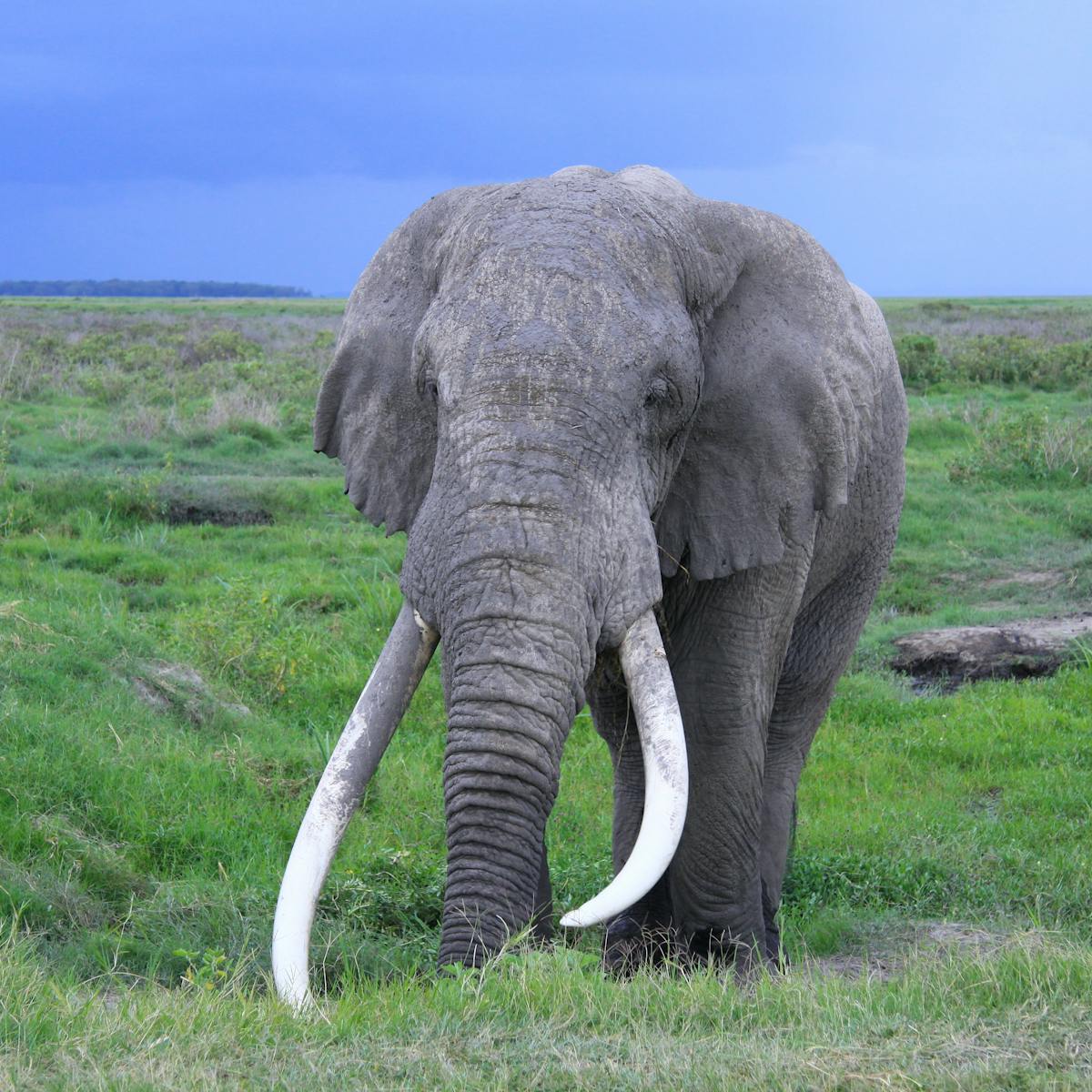 Curious Kids Why Do Elephants Have Tusks
Curious Kids Why Do Elephants Have Tusks
What Is Ivory And Why Does It Belong On Elephants Stories Wwf
 Under Poaching Pressure Elephants Are Evolving To Lose Their Tusks
Under Poaching Pressure Elephants Are Evolving To Lose Their Tusks
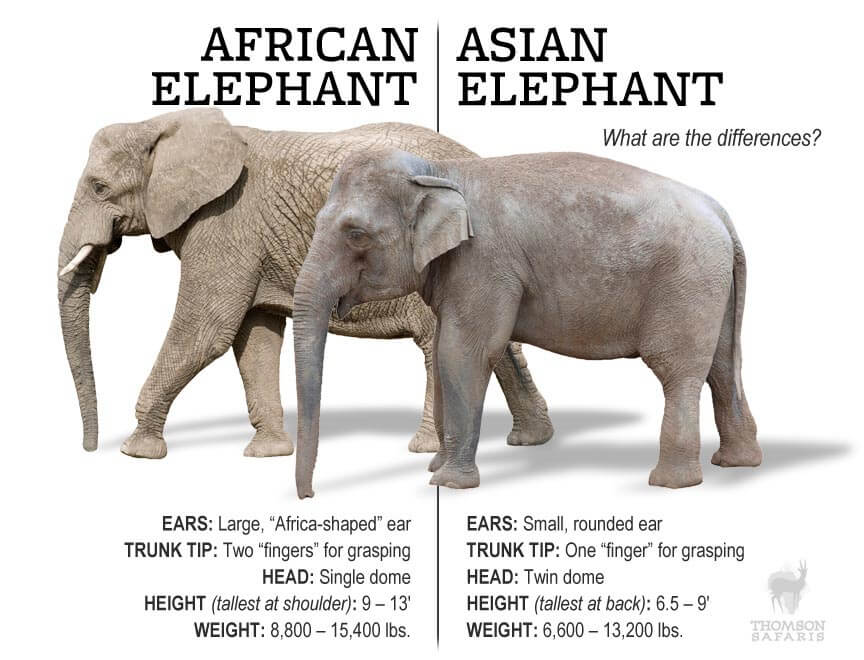
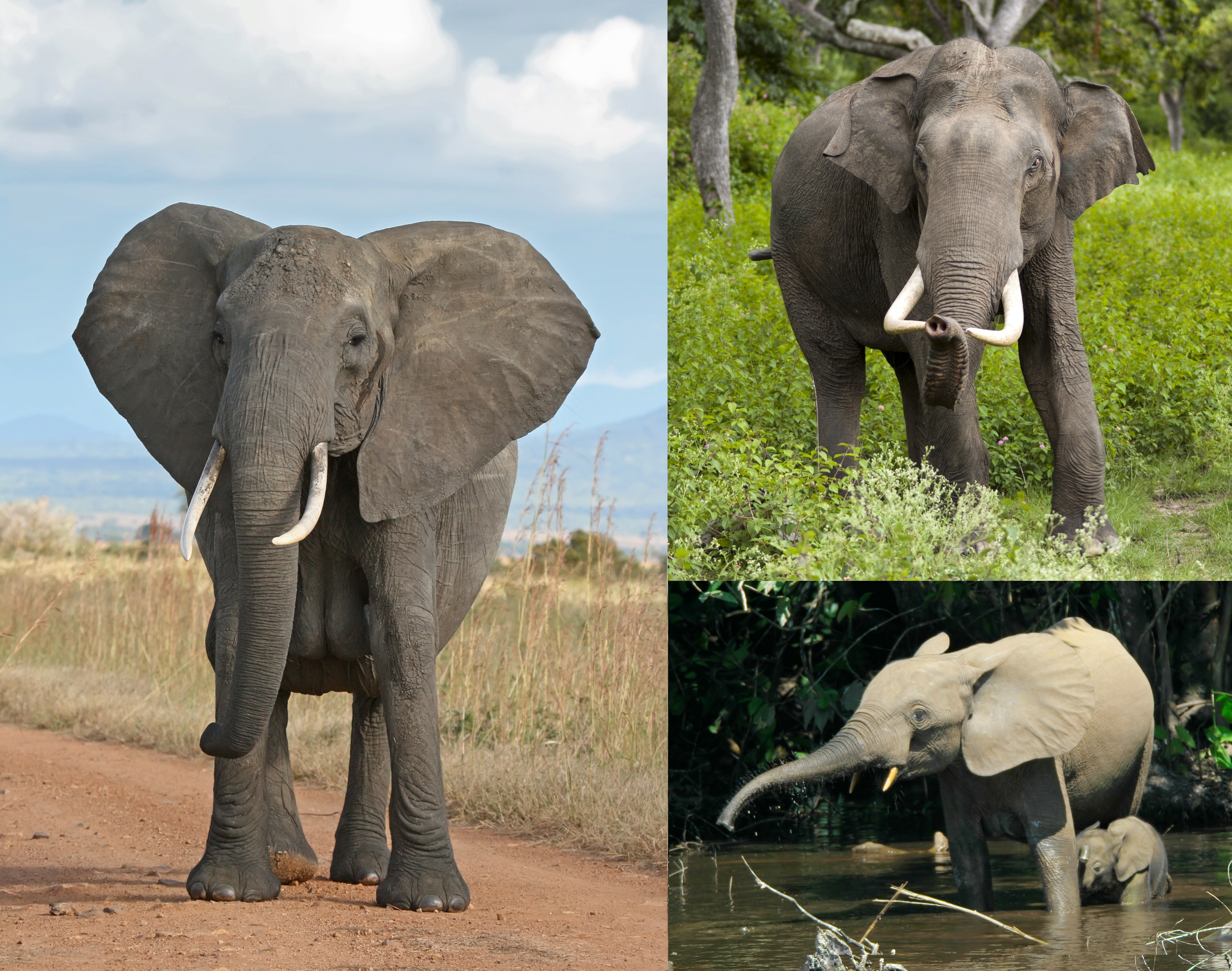


Comments
Post a Comment